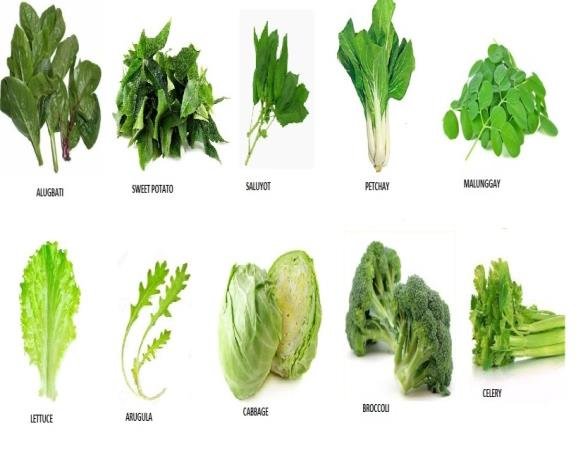Eating vegetables before consuming meat helps in managing blood sugar levels and overall digestion. Here’s the physiology behind it and some recommended vegetables:

Physiology
- Fiber Content:
- Slows Absorption: Vegetables, especially non-starchy ones, are high in fiber, which slows the digestion and absorption of carbohydrates. This helps prevent rapid spikes in our blood sugar levels.
- Satiety: High-fiber foods increase satiety, potentially reducing the overall intake of high-calorie and high-sugar foods.
- Glycemic Index (GI):
- Lower GI Foods First: Vegetables and fruits generally have a lower glycemic index compared to meat and other high-protein foods. Eating lower GI foods first helps in maintaining a more gradual increase in blood sugar levels.
- Insulin Response:
- Gradual Increase: By eating fiber-rich vegetables first, the release of glucose into the bloodstream is more gradual, leading to a more controlled insulin response.
- Digestive Enzymes:
- Efficient Digestion: Starting with vegetables stimulates our digestive enzymes and prepare the digestive tract for more complex foods like proteins found in meat.
Recommended Vegetables

- Leafy Greens: Spinach, kale, Swiss chard
- Cruciferous Vegetables: Broccoli, cauliflower, Brussels sprouts
- Other Non-Starchy Vegetables: Cucumbers, bell peppers, zucchini, tomatoes
- Legumes: Beans, lentils, and smaller amounts of chickpeas
Benefits of Specific Vegetables

- Leafy Greens: High in fiber, low in calories, and contain antioxidants and magnesium which help in blood sugar control.
- Cruciferous Vegetables: High in fiber and vitamins, they help improve insulin sensitivity.
- Non-Starchy Vegetables: Low in calories and carbohydrates, these are excellent for maintaining blood sugar levels.
- Legumes: Though they contain more carbohydrates, their high fiber and protein content help in slow digestion and steady glucose release.
Practical Tips
- Eat Salads First: Starting your meal with a salad helps you consume fiber-rich vegetables before moving on to protein and carbohydrates.
- Balanced Meals: Aim for balanced meals that include a variety of vegetables, a moderate amount of protein, and healthy fats to manage blood sugar levels effectively.
- Consistent Meals: Regularly incorporating these vegetables into your diet helps maintain overall blood sugar control.
By following the above, we can manage our blood sugar levels more effectively while enjoying a balanced and nutritious diet.





